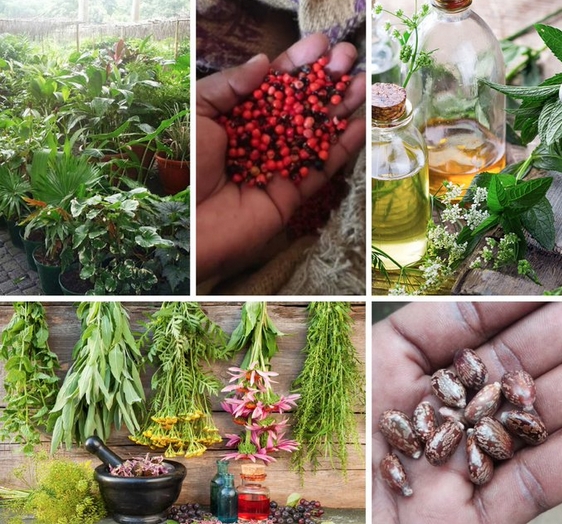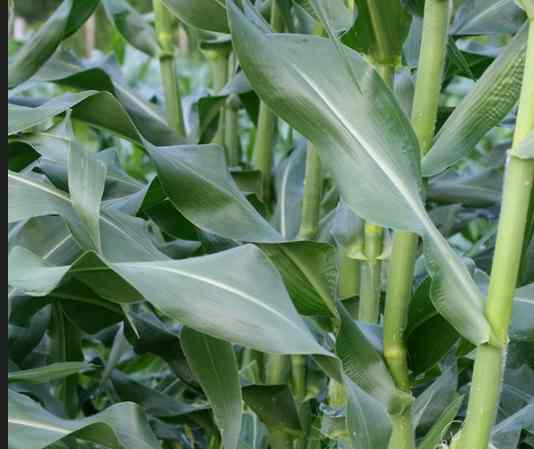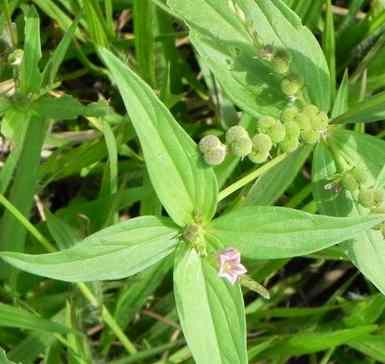
support@yorubalibrary.com
+2348073529208, 07038599574

Yoruba herbal medicine is a significant aspect of Yoruba culture, deeply rooted in tradition and holistic healing practices. This ancient form of medicine utilizes various herbs, roots, and natural substances to treat a wide range of ailments. In this article, we explore the foundations, key practices, and common remedies in Yoruba herbal medicine.
The Foundations of Yoruba Herbal Medicine
Historical Background
Yoruba herbal medicine has been practiced for centuries, passed down through generations. The knowledge of herbs and their healing properties is often kept within families and taught by experienced herbalists. This traditional medicine system is an integral part of Yoruba culture and spirituality.
Holistic Approach
Yoruba herbal medicine is based on a holistic approach to health. It considers the physical, mental, and spiritual well-being of an individual. Herbalists, known as Onisegun, diagnose and treat illnesses by addressing the root causes rather than just the symptoms.
Spiritual Connection
Spirituality plays a crucial role in Yoruba herbal medicine. Many Yoruba people believe that illnesses can have spiritual causes, and thus, treatments often include spiritual practices such as prayers, rituals, and offerings to deities. Herbalists may also act as spiritual healers, connecting patients with the spiritual realm.
Key Practices in Yoruba Herbal Medicine
Diagnosis Methods
Diagnosis in Yoruba herbal medicine involves a combination of physical examination, patient history, and divination. Herbalists use their extensive knowledge of the human body and natural remedies to identify health issues. Divination, often performed with the Ifa oracle, helps to uncover hidden causes of illnesses.
Herbal Remedies
Herbal remedies are the cornerstone of Yoruba medicine. These remedies are made from various parts of plants, including leaves, roots, bark, and seeds. The preparation methods can vary, including decoctions, infusions, powders, and pastes. Remedies are tailored to each patient's specific needs.
Rituals and Offerings
In addition to herbal treatments, rituals and offerings are often part of the healing process. These practices are intended to appease the deities and spirits believed to influence health and well-being. They may involve the use of sacred objects, chants, and specific ceremonial actions.
Common Yoruba Herbal Remedies
Agbo
Agbo is a popular Yoruba herbal concoction used to treat a variety of ailments, including fever, digestive issues, and malaria. It is typically made by boiling a mixture of herbs and roots. Each agbo preparation is specific to the illness it aims to treat, and the herbalist carefully selects the ingredients based on their healing properties.
Ewuro (Bitter Leaf)
Ewuro, or bitter leaf, is widely used in Yoruba herbal medicine for its numerous health benefits. It is commonly used to treat conditions such as high blood pressure, diabetes, and gastrointestinal problems. The leaves can be chewed fresh, used to make a juice, or included in various dishes.
Eeru Alamo (Charcoal from African Pear Wood)
Eeru alamo is charcoal derived from the African pear wood, used for its detoxifying properties. It is often mixed with other herbs to cleanse the body of toxins, treat skin conditions, and improve digestion. This remedy highlights the Yoruba practice of using every part of a plant for its healing benefits.
Osan-Wewe (Lime Orange)
Osan-wewe, or lemon grass, is another common herb in Yoruba medicine. It is known for its calming effects and is used to treat stress, anxiety, and insomnia. Lemon grass is also effective in treating colds, flu, and respiratory issues. It is typically prepared as a tea or included in herbal baths.
Ataare (Alligator Pepper)
Ataare, or alligator pepper, is used both as a spice and a medicinal herb. It is believed to have antimicrobial and anti-inflammatory properties, making it useful in treating infections and inflammations. Alligator pepper is often chewed or included in herbal mixtures for its potent effects.
Conclusion
Yoruba herbal medicine is a rich and diverse field that combines deep knowledge of natural remedies with spiritual practices. Its holistic approach to healing emphasizes the interconnectedness of body, mind, and spirit. As interest in traditional medicine grows, Yoruba herbal practices continue to offer valuable insights and alternative treatments for maintaining health and wellness.

Know more about the Yoruba traditional uses and he…

Learn about Ewe Aran, a potent Yoruba medicinal le…